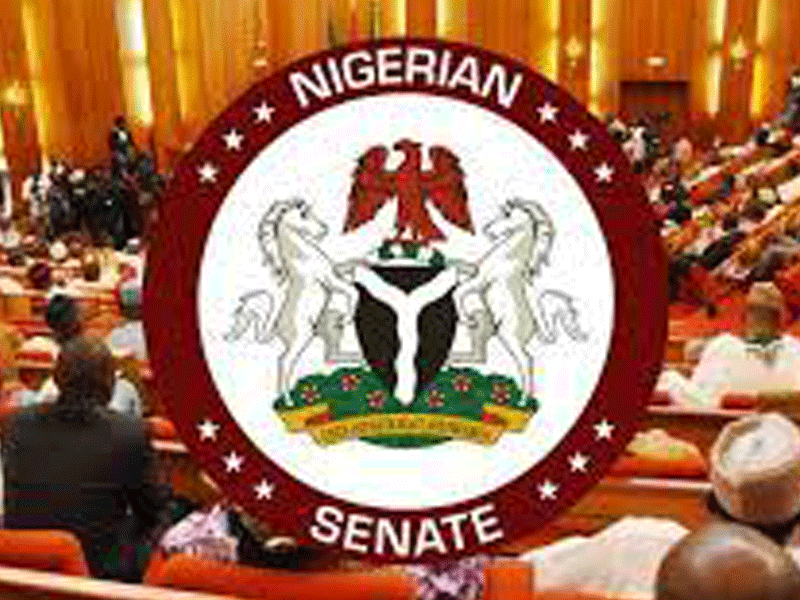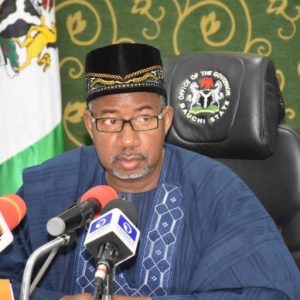The senate leadership, yesterday, suffered an unexpected setback in its bid to amend the chamber’s Standing Orders to further tighten the rules governing the emergence of presiding officers.
The proposed amendments, presented by Deputy Senate Leader, Senator Lola Ashiru (Kwara South), on behalf of Senate Leader Opeyemi Bamidele (Ekiti Central), immediately ran into resistance on the floor, forcing the leadership to withdraw the document.
At the heart of the controversy was a new hierarchy introduced into the eligibility criteria for contesting the offices of Senate President and Deputy Senate President.
The amendment sought to demote ranking senators, traditionally the main pool from which presiding officers were selected, to the fourth tier of eligibility.

The proposal placed former Senate Presidents at the top of the eligibility list, followed by former Deputy Senate Presidents, and, then, former principal officers.
Only after these three categories would ranking senators, based on years of service, be considered. Below them would be senators with prior service in the House of Representatives, and, finally, first-term senators.
The draft provision stated, “Nomination of Senators to serve as Presiding Officers shall be in accordance with the ranking of Senators and shall be strictly adhered to,” before listing the new hierarchy that significantly altered the long-standing tradition.
But the amendment immediately drew strong pushback.
Senator Danjuma Goje (Gombe Central), one of the most senior lawmakers with four terms in the senate, condemned the proposal as unjust and contrary to legislative norms.
Goje argued that a first-term senator, who previously held a principal office, perhaps, due to quota considerations, should not be ranked above lawmakers with far longer legislative experience.
Goje’s intervention crystallised the growing discomfort among the chamber’s old guard, who saw the amendment as an attempt to weaken the influence of long-serving legislators in leadership contests.
Sensing the rising tension, Deputy Senate President Barau Jibrin, who presided the session, advised that the proposal be stepped down. The leadership complied immediately, shelving the amendments for further consultation.
Tuesday’s development underscored the sensitivity surrounding the balance of power within the senate, particularly regarding the emergence of its top officers.
The leadership is expected to revisit the proposal after broader engagement with key blocs in the chamber.
Stay ahead with the latest updates!
Join The Podium Media on WhatsApp for real-time news alerts, breaking stories, and exclusive content delivered straight to your phone. Don’t miss a headline — subscribe now!
Chat with Us on WhatsApp





